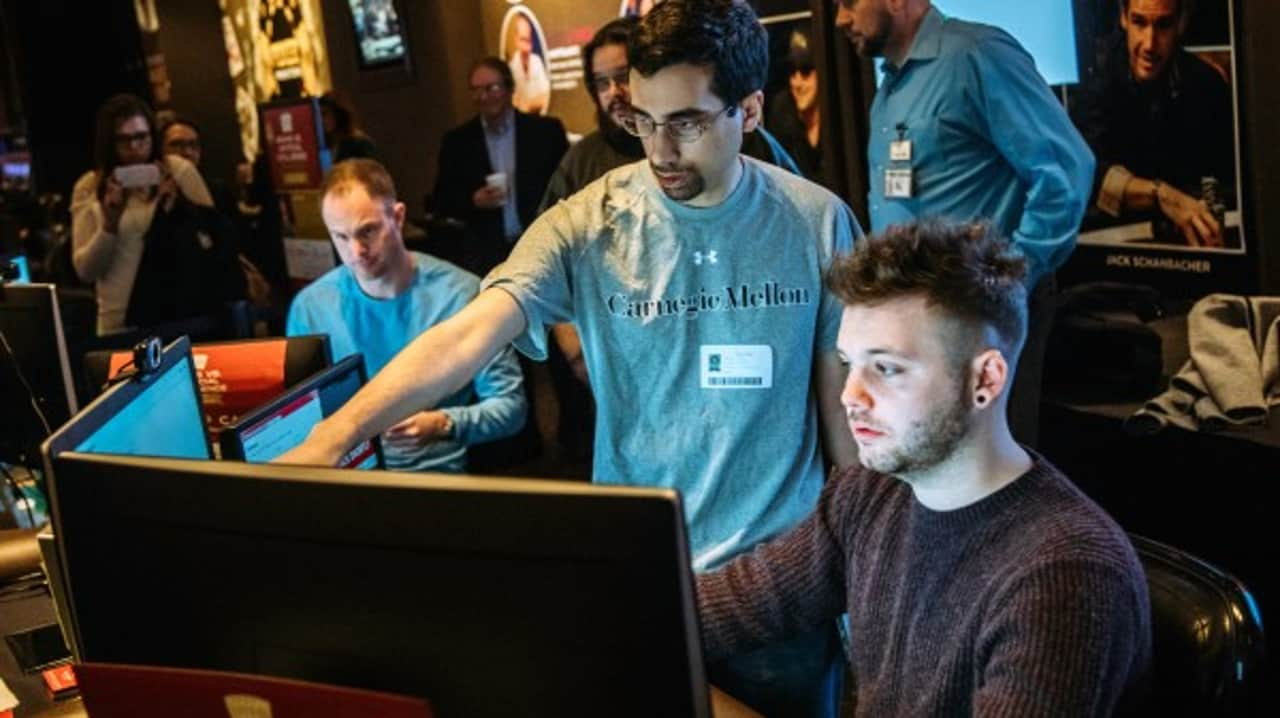Related Articles
An Unlikely Voyage: Felipe Ramos Makes it Big in Las Vegas
Comrades, Close Friends and Rivals
Poker After Dark Live on PokerGO
If there is one thing the world needs, it is more poker playing computers! After Carnegie Mellon University and Libratus started the trend, others seem to be jumping on board through the first half of 2017, including Nikolay Yakovenko and the University of Alberta.
Yakovenko and his team’s progress in artificial intelligence was explained on this week’s episode of the Poker Central Podcast but while we were talking, CMU was at it again. Libratus already beat some of the poker world’s top professionals, to the tune of $1.8 million, but that didn’t satisfy Tuomas Sandholm and his team.
They’ve now developed a new and improved version of the program, which they are calling Lengpudashi. Roughly translated from Chinese, Lengpudashi means “cold poker master” and the program proved it was unbeatable again, defeating a team of poker-playing AI researchers at a Chinese-based event this past weekend.
The results, although interesting, are just another notch on Carnegie Mellon’s belt but the location of the matches is something to write home about. China’s current AI techniques are relatively unsophisticated, as mentioned in a MIT article about the event, and Chinese investors and inventors are hoping that these AI projects can show how Libratus and other programs are exceeding human expectations in terms of intelligence.
Just like the University of Alberta, many at the top of the artificial intelligence field are hopeful that these successful poker-playing programs mean progress in other industries. Those other applications aren’t currently known but a few years ago, poker players only had to worry about losing to other humans.
Now, they not only have to worry about Fedor Holz picking and choosing when he is retired but also a few different computer programs. Good luck everyone, you’ll need it.
Related Articles
An Unlikely Voyage: Felipe Ramos Makes it Big in Las Vegas
Comrades, Close Friends and Rivals
Poker After Dark Live on PokerGO
Not Your Average Sunday Stream








